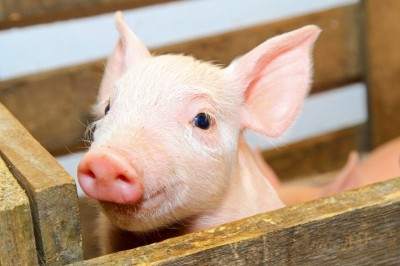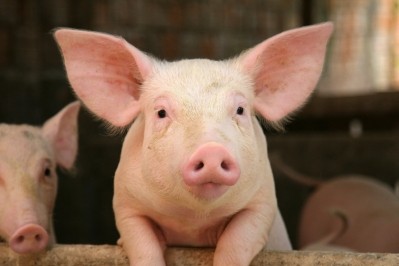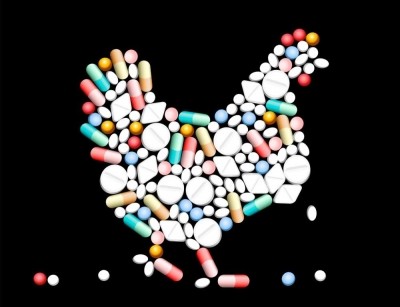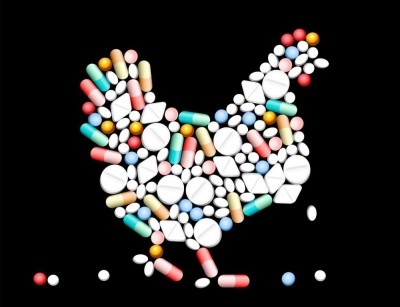Acid reflex: a strategy for zinc oxide and antibiotic removal?
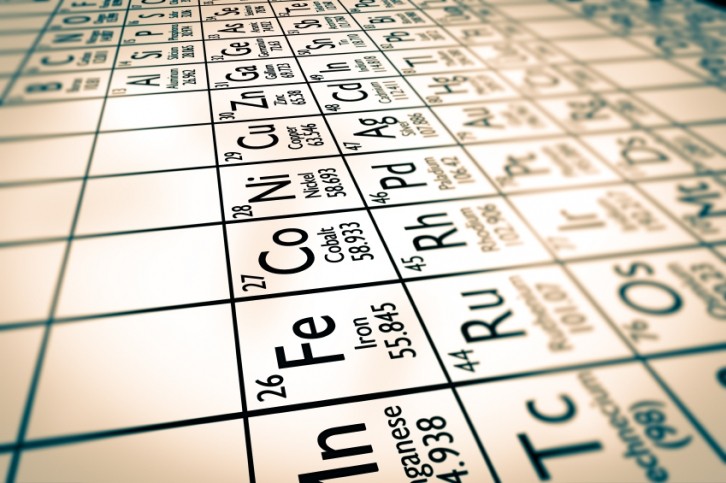
In December 2016, the European Medicines Agency’s Committee for Medicinal Products for Veterinary Use (CVMP) recommended a ban on the use of zinc oxide in piglet feed based on findings that the benefits for the prevention of diarrhea in pigs do not outweigh the risks for the environment.
The EU committee is now re-examining the scientific basis for the ban following appeals from across the EU, a process that is expected to take until March.
Critics of the proposal have argued that a ban on zinc oxide would seriously hamper the ability of the pig sector to reduce its use of antibiotics.
As the debate rages on and pig farmers gear up for a potential ban, Trouw Nutrition reports increasing interest in its water hygiene program, which uses Selko-pH - a synergistic blend of free and buffered organic acids - as an alternative to in-feed zinc oxide and antibiotics.
A two-pronged attack
“Pig farmers are under mounting pressure to take antibiotics out of feed. Selko-pH targets the reduction of antibiotics use and the withdrawal of zinc oxide simultaneously,” Alice Hibbert, monogastric technical support manager at Trouw Nutrition UK, told FeedNavigator.
She said a ban would hit smaller producers particularly hard, as they are particularly reliant on zinc oxide and antibiotics to maintain piglet performance.
“On some smaller farms with older buildings, the use of antibiotics and zinc oxide has essentially ‘covered up’ underlying issues with water quality. These producers are realizing they will struggle to achieve the same performance without these anti-microbials,” she explained.
The concept of water acidification for protecting gut health is well established. Lowering the pH of the water reduces the growth of microbes, which, if ingested, could have a negative impact on health and the digestive process. Bacteria such as E-coli and Salmonella cannot survive at a pH of lower than 4.5; therefore, water acidification can help to manage water hygiene.
Lowering the pH of water can also have a positive impact on the digestive process; a more acid environment aids protein digestion in the stomach, helping reduce any adverse fermentation further down the digestive tract, which can result in pathogen growth.
A point of difference
Hibbert explained that Selko-pH differs from other water acidification products in that it is partially buffered, enabling it to balance the microbiota in the gut as well as managing the growth of bacteria in the water.
“There are a lot of acid products out there which have an anti-microbial effect on the water, and will also have a slight acidification effect on the gut of the animal; they will help with water quality and the digestibility of protein. Selko-pH is different in that it is partially buffered. This means some of the acids are in a bound form so they won’t be active in the water but will be active in the gut. This buffered or ‘protected’ acid makes it into the small intestine where it balances the microbiota,” she said.
Selko-pH on trial
These claims have been substantiated in a study executed on 21-day old piglets at a trial facility in Australia, in which Selko pH was found to reduce the need for antibiotics while at the same time improving performance.
One hundred and forty weaned piglets were allocated to three different treatments: a control (no Selko-pH and antibiotics), treatment A (Selko-PH and antibiotics) and treatment B (Selko-pH and reduced in-feed antibiotics).
Pigs receiving Selko-pH with a reduced medication program (B) were significantly heavier at the end of the four-week treatment. This treatment was also found to improve the feed conversion ratio by 0.3 in the four weeks after weaning.
“The results of this trial show that the piglets supplied with Selko-pH in drinking water show better technical performance than piglets in the control group. Furthermore, the piglets receiving the reduced medication in the feed performed better than the piglets with the full medication program. This indicated that Selko-pH reduced the need for antibiotics while at the same time improving performance,” said Trouw.
